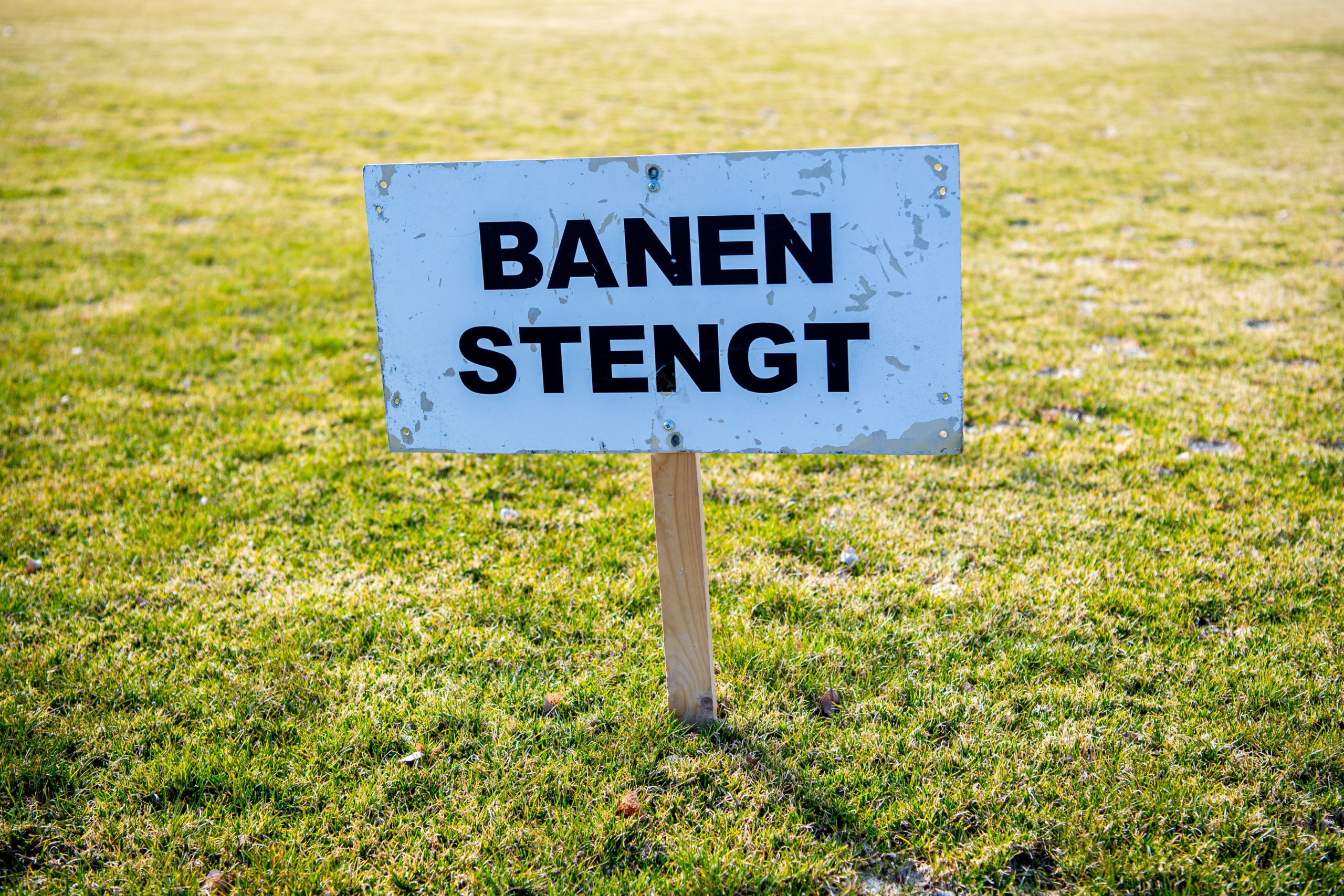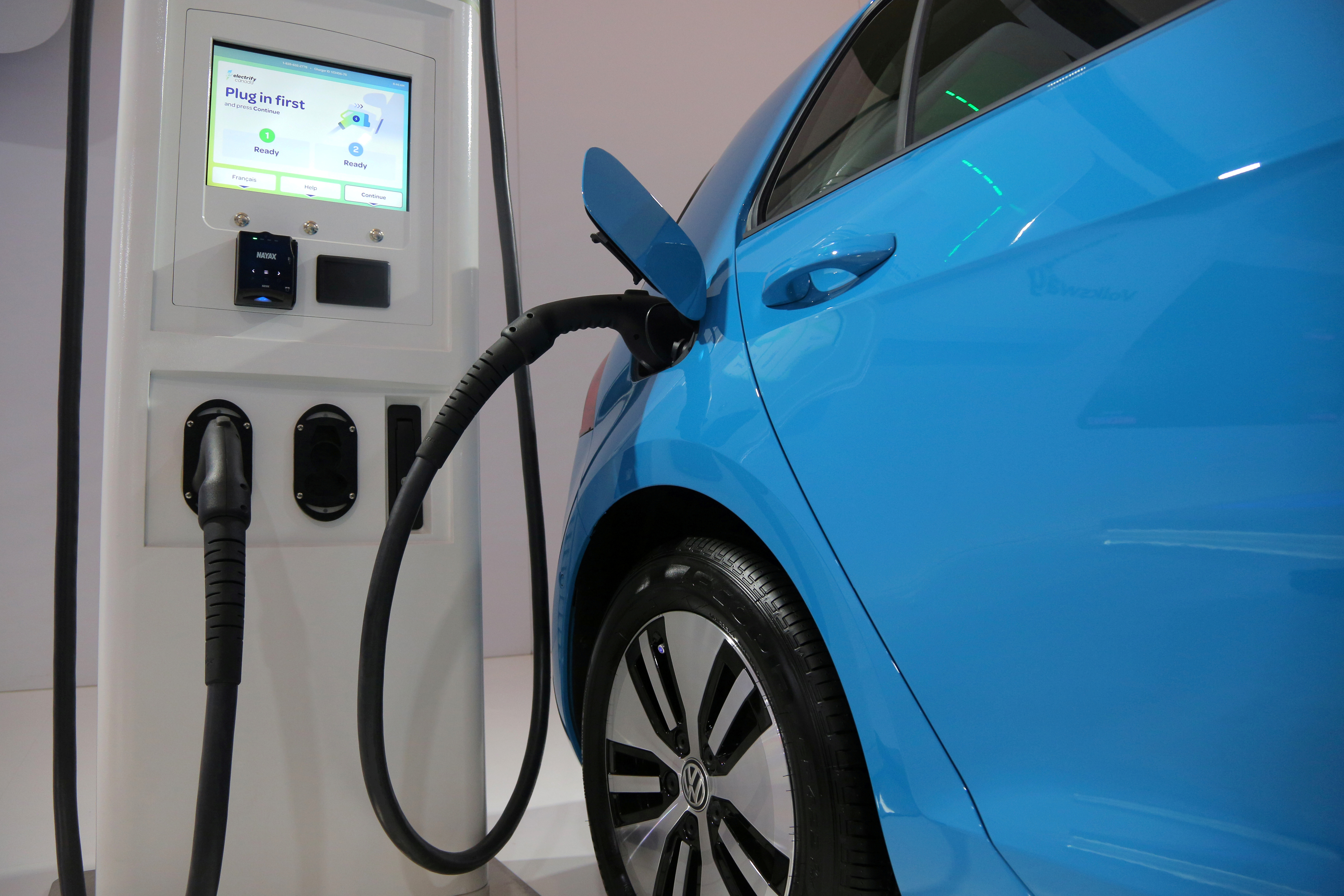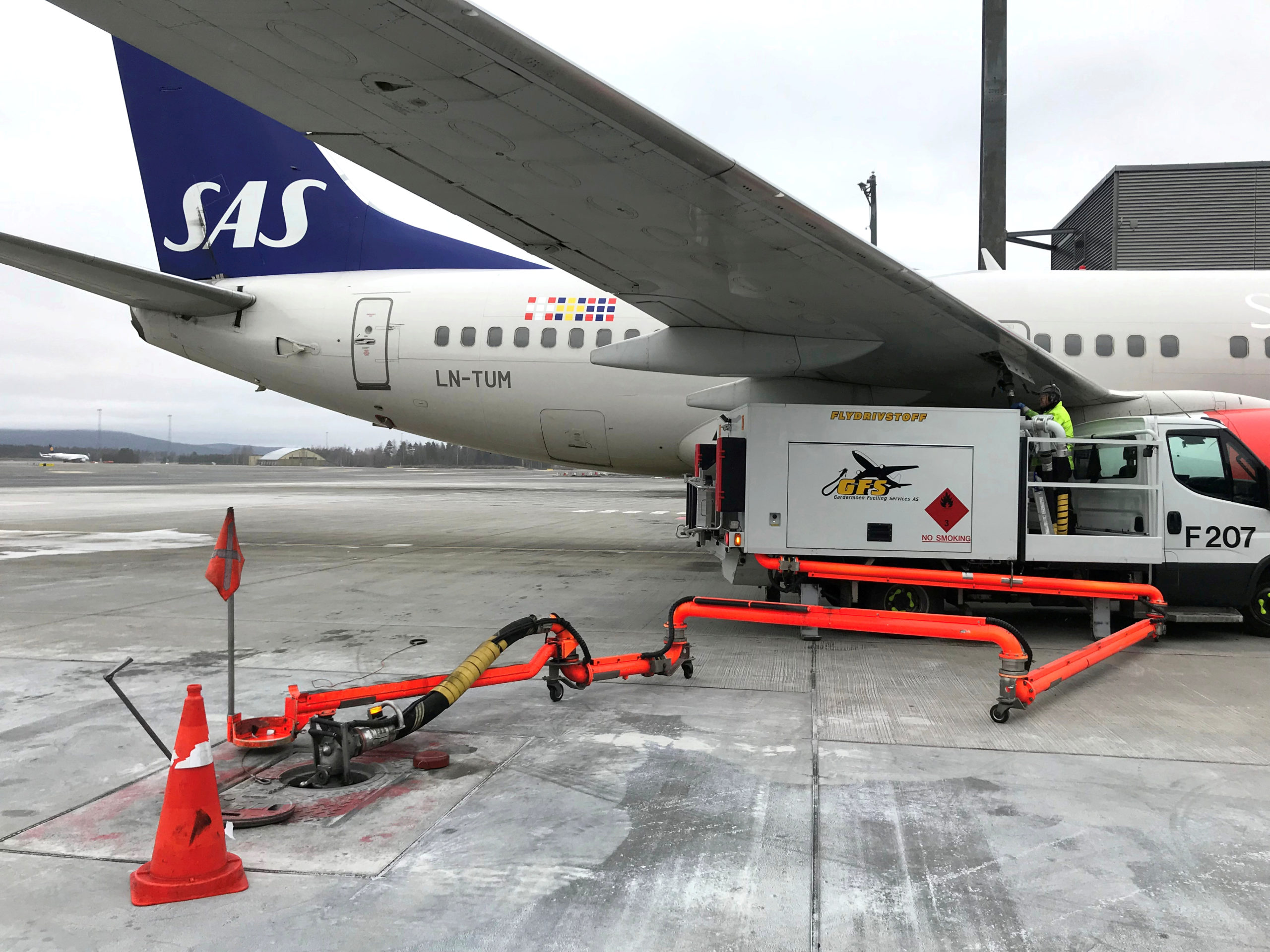No, coronavirus won’t fix climate change. But how we respond will make a big difference
Large financial aid packages could be used to speed up transition to a greener world, experts say.

In Finland, all ordinary aviation to the northernmost Arctic parts of the country has been suspended as part of the efforts to halt the spread of coronavirus. In Greenland, ordinary people are unable to fly to and from their country and internally between Greenland’s far flung towns; the capital Nuuk is completely closed off. In Canada all Arctic cruises are banned for this year — to name just one measure taken there. More restrictions have no doubt been introduced since this writing.
[Read more: COVID-19 and the Arctic]
The pandemic has downed airlines and other businesses across the globe. In India 1.3 billion people have been asked to stay home for three weeks, in China CO2 emissions and air pollution are at their lowest in many years. Many international businesses are looking at how to reduce dependency on parts and goods from faraway destinations:
“They really need to go and think about all these events that could actually disrupt their supply chain and think about what they’re going to do to make it more resilient,” Amy Jaffe, director of the program on Energy Security and Climate Change at the Council on Foreign Relations told Deutsche Welle. This trend may lead to a climate-friendly drop in international cargo shipping.
If one lives in the Arctic, where warming of the atmosphere and the seas happens much faster than in the rest of the world, perhaps some of this seems like a glimmer of good news in the middle of the horrific pandemic. But the current drop in emissions is not likely to be long-lasting:
“All CO2 that does not go into the air is good news, and it is tempting to be overjoyed, but corona will not solve the problem. We will have short additional breathing space of four to six months, but then it will be back to the usual, and the CO2 that is already in the atmosphere will remain there for hundreds of years. There is even those who fear that after the pandemic people will only buy more and drive more in their car simply because they can,” says Janos Pasztor, former United Nations assistant secretary general for climate change under Secretary-General Ban Ki-moon, who now serves as executive director of the Carnegie Climate Governance Initiative (C2G), a private think tank.
I called him to ask if the corona pandemic is good for the climate, but Pasztor is not optimistic:
“It is inevitable that leaders of governments and businesses will focus for months on COVID-19, on health care systems, on saving lives, on their economies and less on the climate. Governments are concerned about reelection and businesses about profit,” he says.
According to the Paris accords from 2016, the participating nations are to produce new and more ambitious national plans to reduce greenhouse gas emissions before their next meeting, the COP26 in Glasgow in November. If these plans are not provided, the global accords from Paris, which aim to keep global warming below 1.5 or 2 degrees Centigrade, may have to be adjusted.
“We are losing momentum, and the climate talks are also affected. Meetings are being cancelled or postponed. Some even talk about postponing COP26 in Glasgow,” Pasztor tells me from his office in Switzerland.

China’s production of solar panels, batteries and other green technology for the world marked is now plagued by delays, the stock markets are ill. Tesla stocks have plummeted and the transition to electric cars worldwide is expected to slow down. James Temple, an editor with Technology Review from the Massachusetts Institute of Technology, warns us that drying capital markets may make financing of new solar and wind power projects more difficult.
“Resources are limited in all countries, and our government is obviously also focussed on the corona pandemic. This will slow down transition to renewable energy sources,” Aparna Roy, a climate analyst at Observer Research Foundation, a private think tank in New Delhi, tells me over the phone.
Evolutionary reaction
In order to keep their economies somewhat intact, central banks and governments in Europe, the U.S., Russia and elsewhere are designing historically large financial aid packages for people who lose their jobs and for businesses hard hit by the global freeze. The reaction to the pandemic has been massive and almost instant, whereas the climate crisis is still met with hesitation:
“Humanity faces two threats, but they are developing in two different tempi, and our reaction to the pandemic reflects both our evolutionary and our sociological programming. The empathy we feel towards our fellow human beings, is an enormously powerful impulse. More than 10,000 have died in a couple of months, and as a species we cannot stand to see others suffer and die. Meanwhile, over the last 200-300 years, we have designed a political and economic system that is designed to react to exactly this kind of short term threat,” Sverker Sørlin tells me as he coughs. A climate historian, he is himself under treatment for corona in his home in Stockholm, where he is a professor at Sweden’s Royal Institute of Technology and a member of the Swedish government’s climate advisory council.
“Now it is all about understanding the time factor. I think, we will eventually come to understand corona as a parenthesis in history. The virus is a much more short-lived adversary than climate change. The corona crisis confronts us with abnormal phenomena: large-scale unemployment, radical growth in national debt and a colossal pressure on our health care systems and on civil society. But most of it will be over this year or the next, when we may possibly also have a vaccine,” he says.
“The climate has a completely different time scale. That is why efforts to combat climate change may always disappear in a compromise, but that is serious mistake. Many lives are already lost and many economies damaged by climate change. The climate crisis calls for a planetary transformation over the next half century, that will look much more like the coming of a new modernity and affect our relations with all the species of Earth and all of its natural resources,” Sørlin says.
Do all have to fly again?
In the meantime, he sees constructive options in the large financial aid packages that are being mobilized — if they are used correctly.
“The idea should be to utilize the identification we all feel right now. We need to attach climate- and environment-friendly demands to the investments that are underway, if possible in cooperation with the business community, so that we get an adequate, long-term response. Right now, there is a window of perhaps a year, where the corona crisis provides a momentum that can be used to reach the climate goals, we have already established,” he says, as he points toward the most recent climate targets set by the EU Commission.
“Imagine, if all the airplanes are back in the air in a few months. What then have we won?” he asks.
“Why not aim for a greener infrastructure or faster transition to electric cars? Obviously, there is a risk that some countries will exploit COVID-19 to circumvent the demands from Paris, but the smart nations will exploit the forces that the corona pandemic has released,” he says.

In Switzerland, Janos Pasztor, agrees:
“Many of the large companies now being saved from collapse — the airlines, the car manufacturers, the cruise operators and others — are all contributors to the CO2 emissions, so we should view the situation as an opportunity for change,” he says.
But is it realistic that more than a few governments will react pro-actively in this way?
“Do you want me to speak honestly? Then I will say, that leaders in government and in business are still acting in the short term, but perhaps now that many are quarantined we will have more time to think,” he says.
The Secretary-General of the UN, António Guterres, has called on the world to remain focused on climate change, but Aparna Roy in New Delhi expects at least one problem. The pandemic will make the the wealthier nations even less inclined to secure transfer of technology and funds for climate change projects and adaptation in less privileged nations. Even before corona, this conundrum was one of the most difficult issues in the run-up to the next phase of the international climate talks, the COP26 in Glasgow:
“The rationale among the developed countries will be that the pandemic and its consequences will have to be prioritized. In the end, we all know that there is only a finite amount of resources available for dealing with the challenges we face” she says.
Martin Breum is a Danish journalist and author based in Copenhagen. He writes regularly on Arctic affairs for ArcticToday.com. Find him at www.martinbreum.dk.